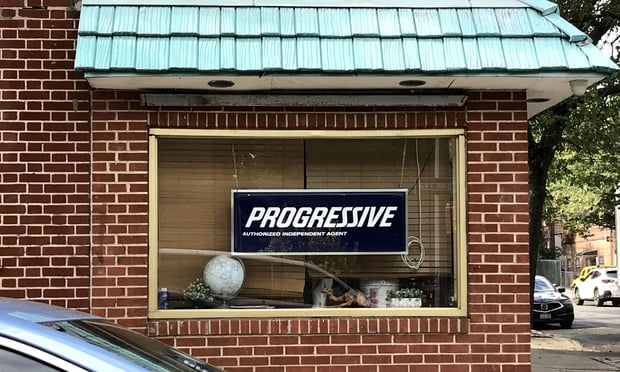WASHINGTON–The House will likely consider legislation on Thursday that would add wind coverage to the National Flood Insurance Program, a plan opposed by the insurance industry.
The bill, H.R. 1264–"the Multiple Peril Insurance Act"–is sponsored by Rep. Gene Taylor, D-Miss.
In discussions leading up to the House's passage of a five-year NFIP extension last week, Rep. Taylor sought to attach an amendment adding wind coverage to the NFIP. But the House Rules Committee ruled it "non-germane" to the main bill, H.R. 5114, the "Flood Insurance Reform and Priorities Act of 2010."
In a note to colleagues sent today urging their support, Rep. Taylor argued that the bill would save taxpayers billions of dollars by reducing future disaster assistance costs after hurricanes and tropical storms."As long as wind and flood coverage are in separate policies, there will be gaps in coverage and lengthy disputes over causation after hurricanes," he said.
Rep. Taylor contended that almost all companies in the private property insurance market would benefit from adding wind to the program. "The NFIP relies on insurance companies to sell federal flood insurance policies," he said. "The companies keep about 30 percent off the top for agent commissions, administrative expenses and profits, yet bear none of the risk."
This arrangement would continue under his legislation, Rep. Taylor said.
Reflecting the property and casualty industry's position, Blaine Rethmeier, a spokesman for the American Insurance Association, said, "The entire industry opposes the bill, and no one thinks adding wind exposure to a program that is already $19 billon in debt is a good idea."
He added, "Wind coverage is available in every state through either the traditional private market or state residual markets. This isn't the time to potentially be adding zeros to the national debt."
In a letter to members of the House sent today, an official of SmarterSafer.org noted that both Secretary of Homeland Security Janet Napolitano and FEMA Administrator Craig Fugate oppose adding wind to the program.
The letter notes that the private market currently provides wind insurance effectively and adds that when state governments have tried to step in to provide this coverage, local taxpayers have been hit with multibillion-dollar liabilities. "Government-run insurance pools cannot both reduce costs for consumers and break even," the letter said.
Frank Nutter, president of the Reinsurance Association of America, said in a letter to members of the House that the Taylor bill would "fundamentally alter" who bears the risk of loss from wind. "Instead of spreading this risk throughout the worldwide private insurance marketplace, this legislation puts the entire burden of deficits on the U.S. taxpayer.
He also said that data from Hurricane Katrina shows that only 20 percent of qualifying insureds living in flood-prone areas bought flood coverage. "Expanding the NFIP to cover wind will exacerbate, not relieve, the reliance on disaster assistance," he said.
He said that the majority of post-Katrina lawsuits involved policyholders who did not have flood insurance. "How does this legislation help the policyholder if it does not mandate the purchase of flood insurance?" he asked.
Want to continue reading?
Become a Free PropertyCasualty360 Digital Reader
Your access to unlimited PropertyCasualty360 content isn’t changing.
Once you are an ALM digital member, you’ll receive:
- Breaking insurance news and analysis, on-site and via our newsletters and custom alerts
- Weekly Insurance Speak podcast featuring exclusive interviews with industry leaders
- Educational webcasts, white papers, and ebooks from industry thought leaders
- Critical converage of the employee benefits and financial advisory markets on our other ALM sites, BenefitsPRO and ThinkAdvisor
Already have an account? Sign In Now
© 2024 ALM Global, LLC, All Rights Reserved. Request academic re-use from www.copyright.com. All other uses, submit a request to [email protected]. For more information visit Asset & Logo Licensing.








